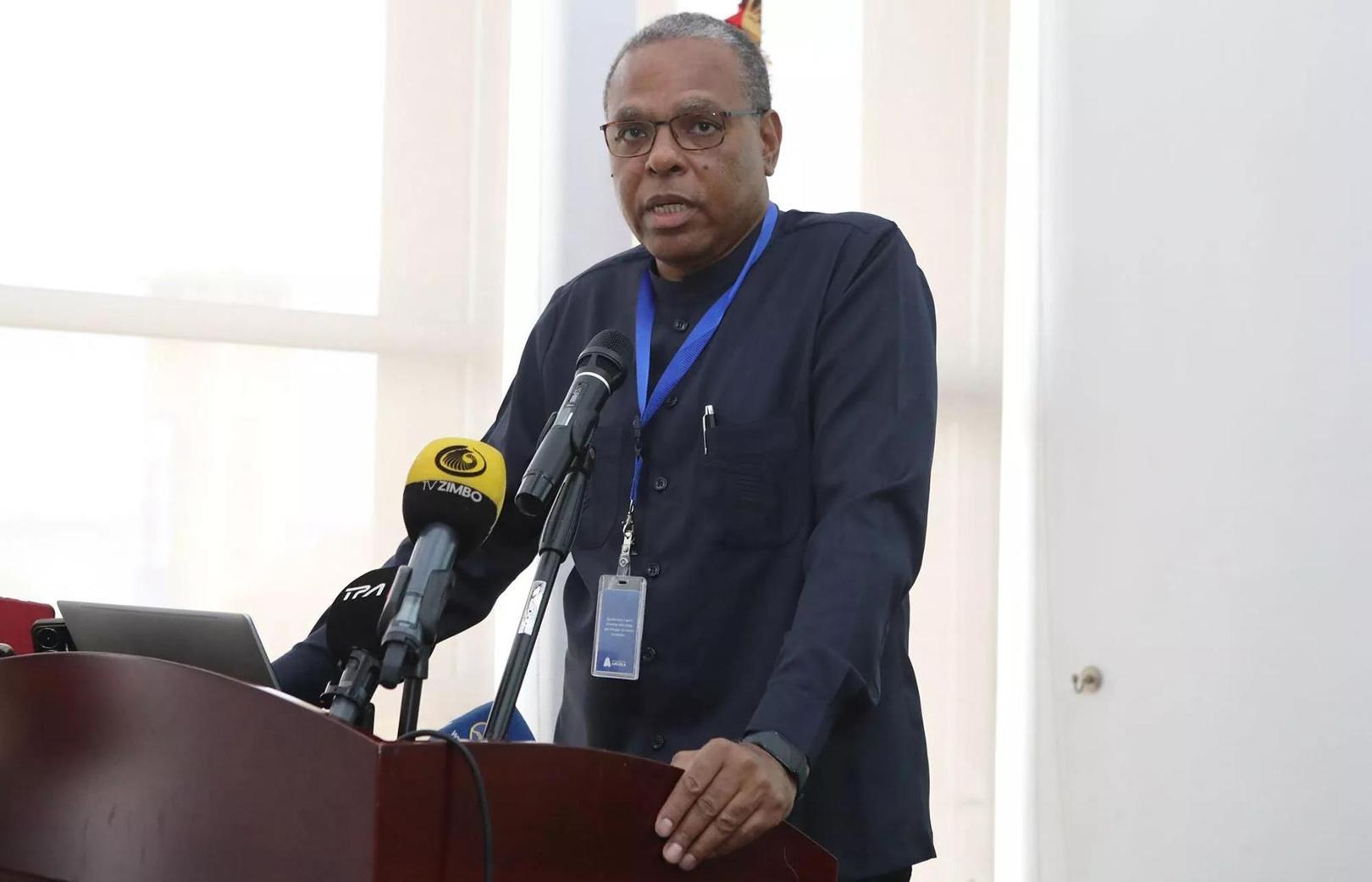Africa-Press – Angola. The informal economy, the flow and trade of rural production in the national distribution network were highlighted, this Monday, in Luanda, among the main challenges to make the manufacturing industry robust and project the country towards food self-sufficiency, until 2027.
The vision was expressed by the Minister of Industry and Commerce, Rui Miguês de Oliveira, at the opening of the IV Advisory Council of the department, under the theme “Development of industry and commerce – a critical success factor for economic diversification and food self-sufficiency”.
According to the government official, informality in the economy has been one of the biggest problems in terms of commerce, with its reach and importance being recognized for all segments of the population.
He reiterated that the country continues to increase production levels of essential and widely consumed goods, as well as promoting exports.
In this context, it considered the disconnection between production areas (interior and rural) and the main consumption centers as an obstacle to the commercialization of rural production, seen technically outside modern and efficient distribution channels.
“For this reason, the Angolan Executive is developing the Angola Industrial and Commercial Development Plan (PDIC), which in addition to seeking a more robust industry, also aims to diversify the economy, with a more organized and more competitive trade sector “, he said.
He mentioned that the OGE in execution foresees that the manufacturing industry will reach a share of 5.2% in the Gross Domestic Product (GDP), which will represent an increase of 2.2% compared to the year 2023.
According to the minister, in 2023, the commerce sector contributed 20.50% to the national GDP, showing the Executive’s efforts to revitalize the economy that is less dependent on the oil sector.
He highlighted that from 2022 to 2023, the sector created an accumulated total of 384 thousand 994 jobs, across the country’s 18 provinces.
Regarding the Industrial and Commercial Development Plan (PDIC), under discussion in the advisory council, the minister urged participants to identify solutions to support the primary sector, namely the industry producing agricultural means and equipment, fertilizers, pesticides, insecticides and other inputs.
He spoke of the need for actions that add value and allow the promotion of family farming and agricultural cooperatives, as only with the mechanization of the primary sector will the country be in a position to produce on a large scale and have raw materials to feed the manufacturing industry, the micro, small and medium-sized companies.
“The Executive is attentive and concerned, which is why it has been exercising a whole set of policy measures considered fundamental, capable of looking for integrated, consistent and resilient solutions that produce results for an economy aligned with self-sufficiency”, he emphasized.
For More News And Analysis About Angola Follow Africa-Press






